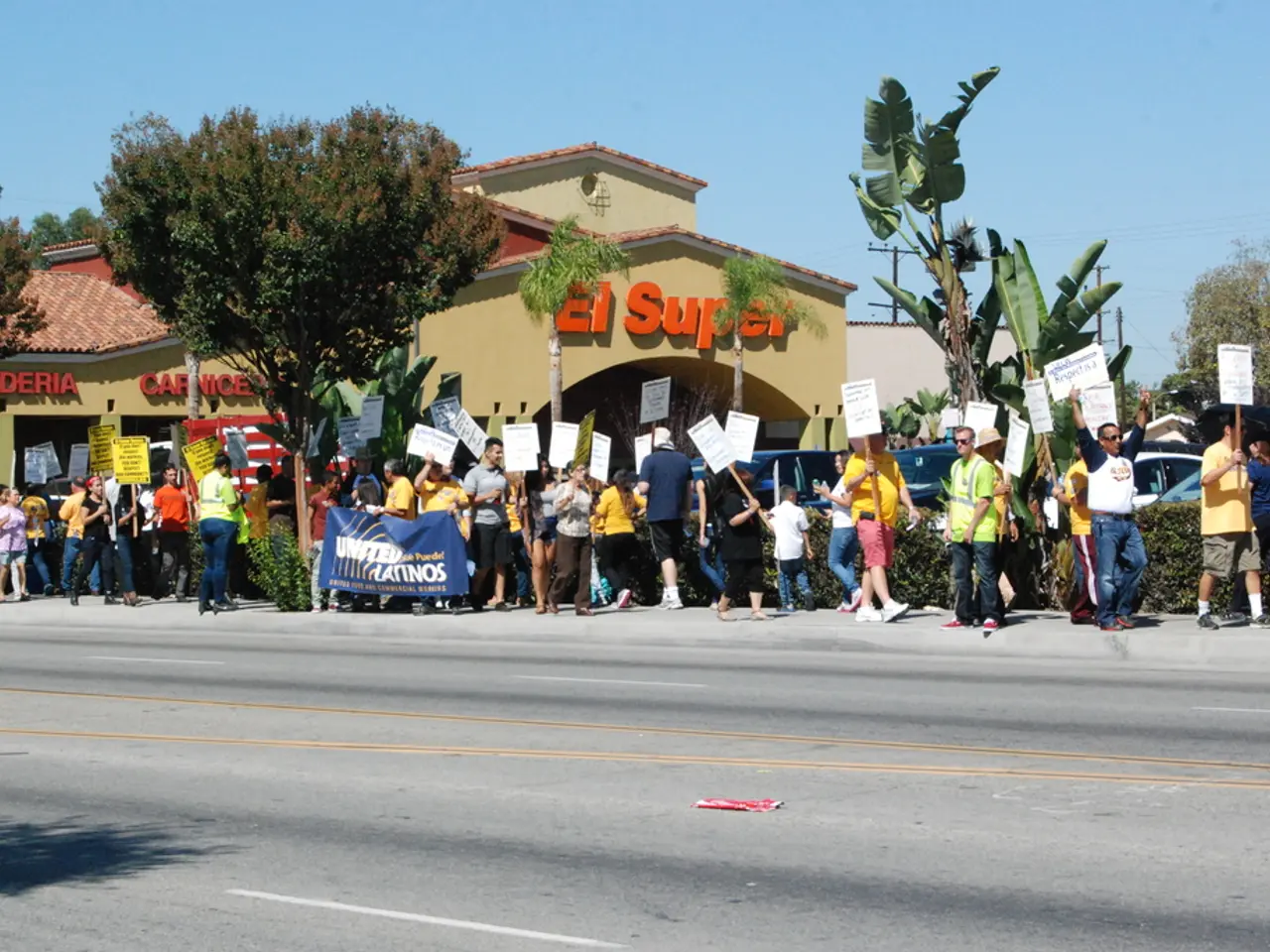The Electoral Roll or Voters' List, in simpler terms, refers to the official record of all the eligible voters within a specific constituency.
The Election Commission of India (ECI) has made it easy for citizens to check if their names are on the electoral roll, the foundation of India's electoral democracy. This comprehensive record of eligible voters, known as the voters' list, encompasses individuals from diverse backgrounds and communities across the country.
Compiling and updating the electoral roll is a systematic process managed by the ECI. It begins with the preparation of draft electoral rolls, where the Electoral Registration Officer (ERO) compiles the existing voter list and conducts a revision to add new eligible voters and remove those who are no longer eligible.
The process continues with house-to-house verification, where supervisors and election officials visit homes to verify the data in the draft rolls. This ensures accuracy and helps identify "missing voters" who have shifted or died and "new voters" who are eligible but not yet registered.
For new voters in areas with significant foreign national presence, the ERO is required to verify citizenship status using government agencies, ensuring adherence to the Citizenship Act, 1955, and the Foreigners Act, 1946. Eligible voters must provide supporting documents such as government-issued pension orders, birth or school certificates, passports, residence certificates, caste certificates, and others.
After the draft rolls are published, there is a period during which voters can make claims or objections to correct errors, ensure inclusion, or challenge wrongful deletions. This period allows for grievances to be addressed and rolls to be updated accordingly.
Following the resolution of all objections, the final electoral rolls are updated and published for use in upcoming elections. The entire process is overseen by the Election Commission and involves local officers such as Booth Level Officers (BLOs) and political party representatives to ensure participation and fairness.
The electoral roll plays a crucial role in the democratic electoral process, including voter identification, polling station allocation, electoral campaigning, and voter turnout analysis. During elections, it is instrumental for voter identification at polling stations, ensuring that only legitimate voters cast their ballots.
Form 6 is used to apply for inclusion of a name in the electoral roll, Form 7 for requesting the deletion of a name (usually in cases of death or shifting of residence), and Form 8 for correcting any errors in an existing voter's details, such as spelling mistakes or address changes.
A meticulously maintained electoral roll is a guardian against electoral malpractices, such as voter fraud, manipulation, or coercion. The electoral roll serves as the gateway to formal voter registration for eligible citizens and promotes transparency and accountability within the electoral machinery, fostering public trust and confidence in the electoral process.
In summary, the electoral roll in India is compiled through initial data collection and revision, verified through house visits and document checks, published for public scrutiny, and finalized post resolution of all objections, ensuring updated and accurate voter lists for elections. It is a beacon of transparency and accountability, enabling stakeholders to scrutinize the registration process and advocate for corrective measures to enhance its accuracy and reliability.
- To ensure compliance with the Citizenship Act, 1955, and the Foreigners Act, 1946, the Electoral Registration Officer (ERO) verifies the citizenship status of new voters in areas with significant foreign national presence, using resources from government agencies.
- The electoral roll serves as a founding resource for general news, politics, and policy-and-legislation, as it provides the basis for voter identification, polling station allocation, electoral campaigning, and voter turnout analysis, contributing to the overall transparency and accountability of the electoral process.








